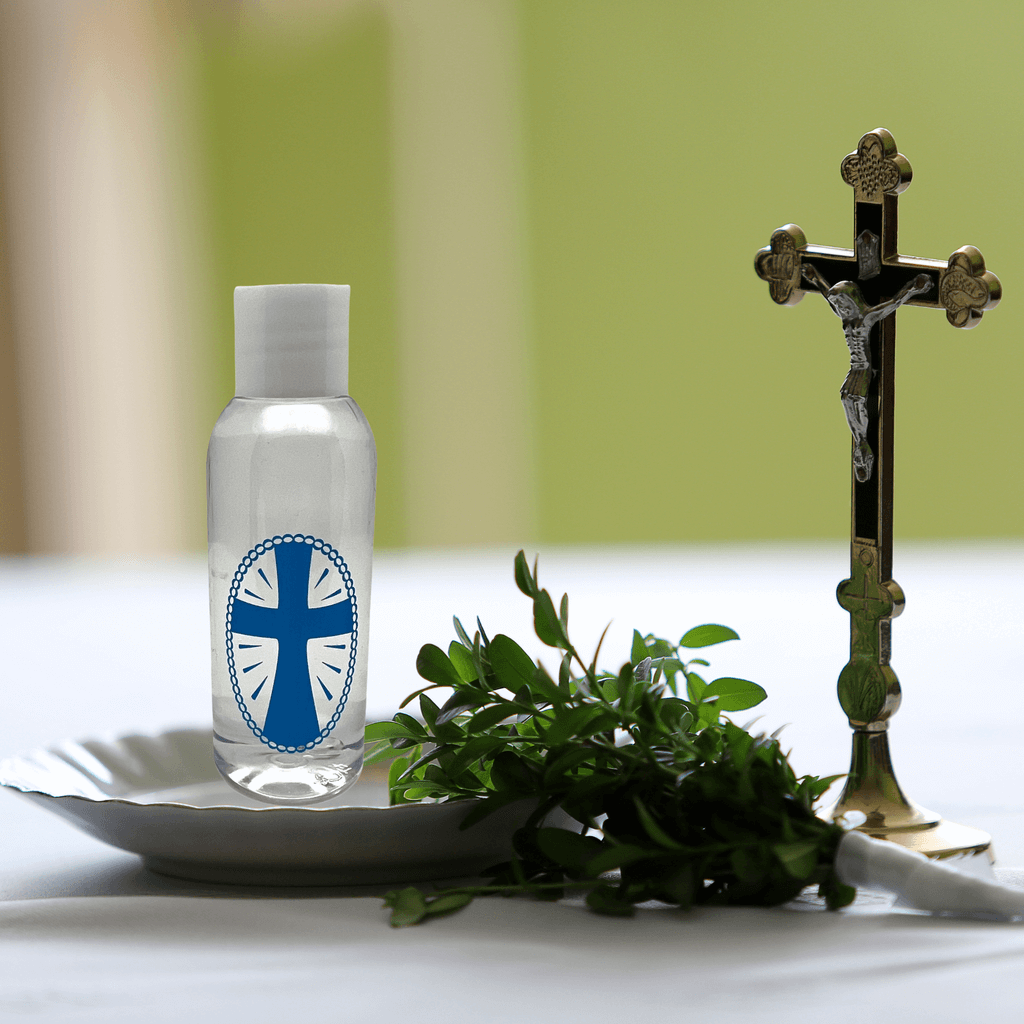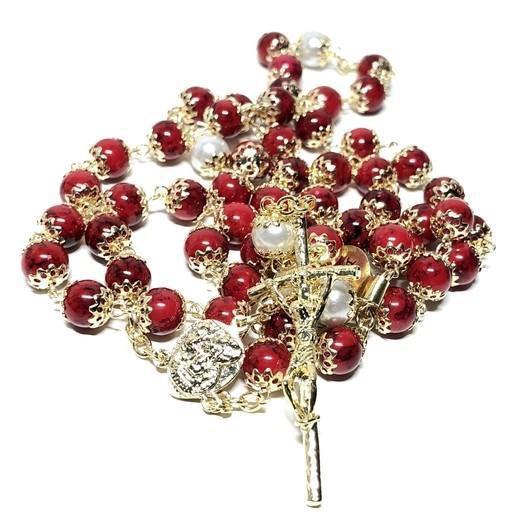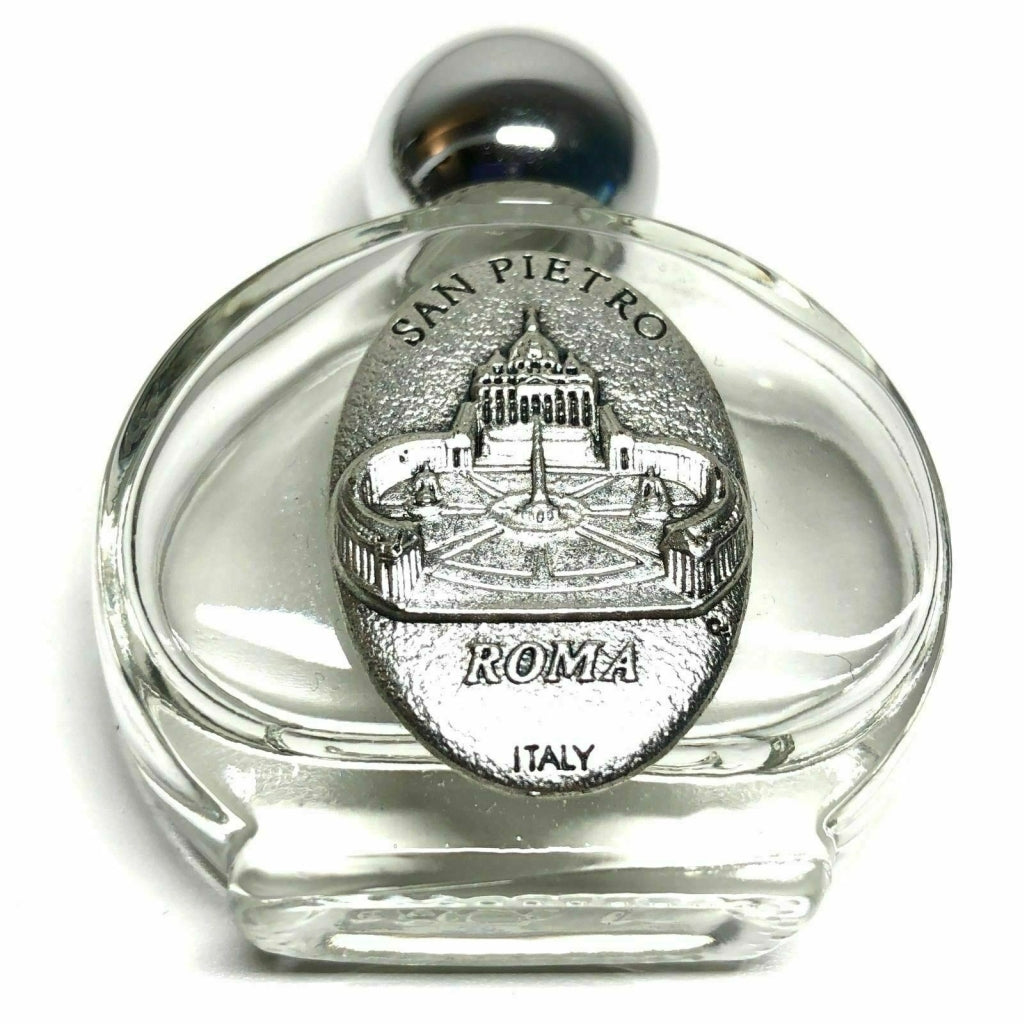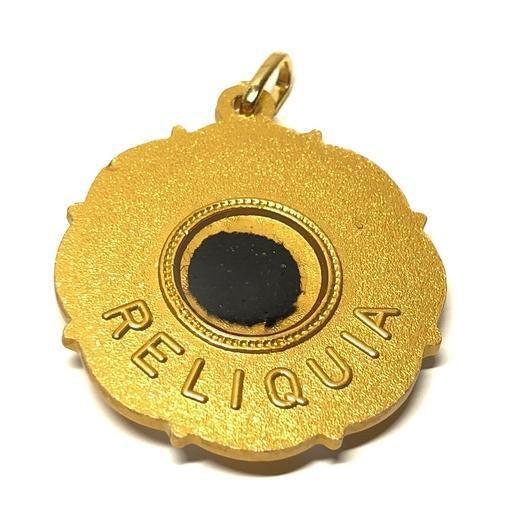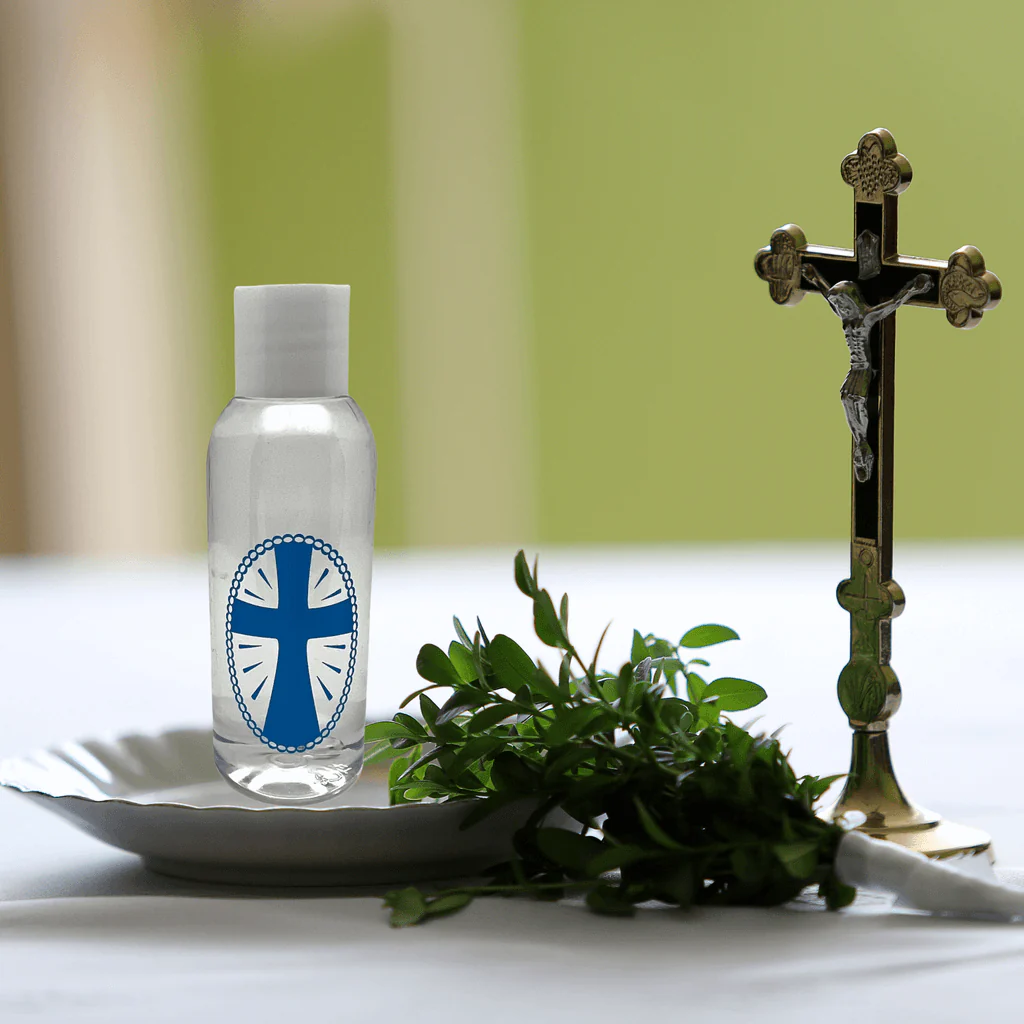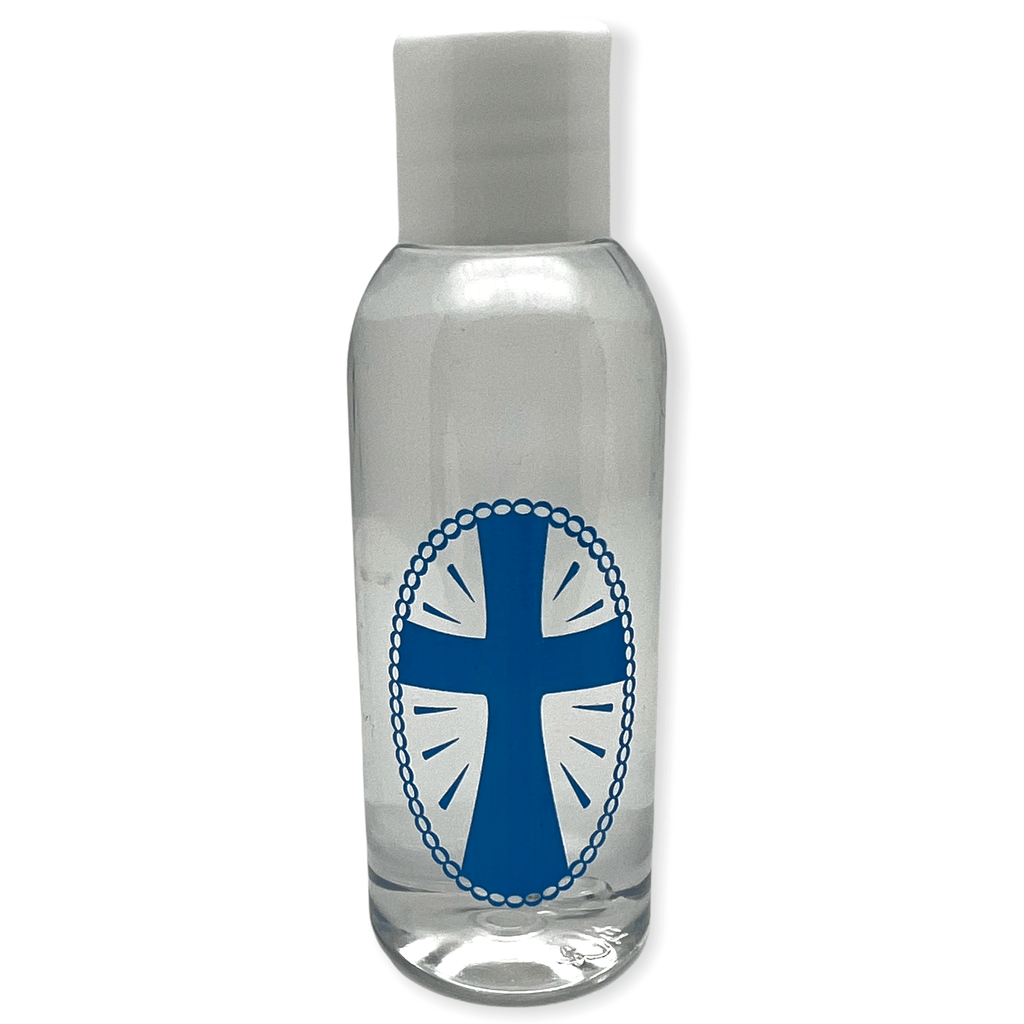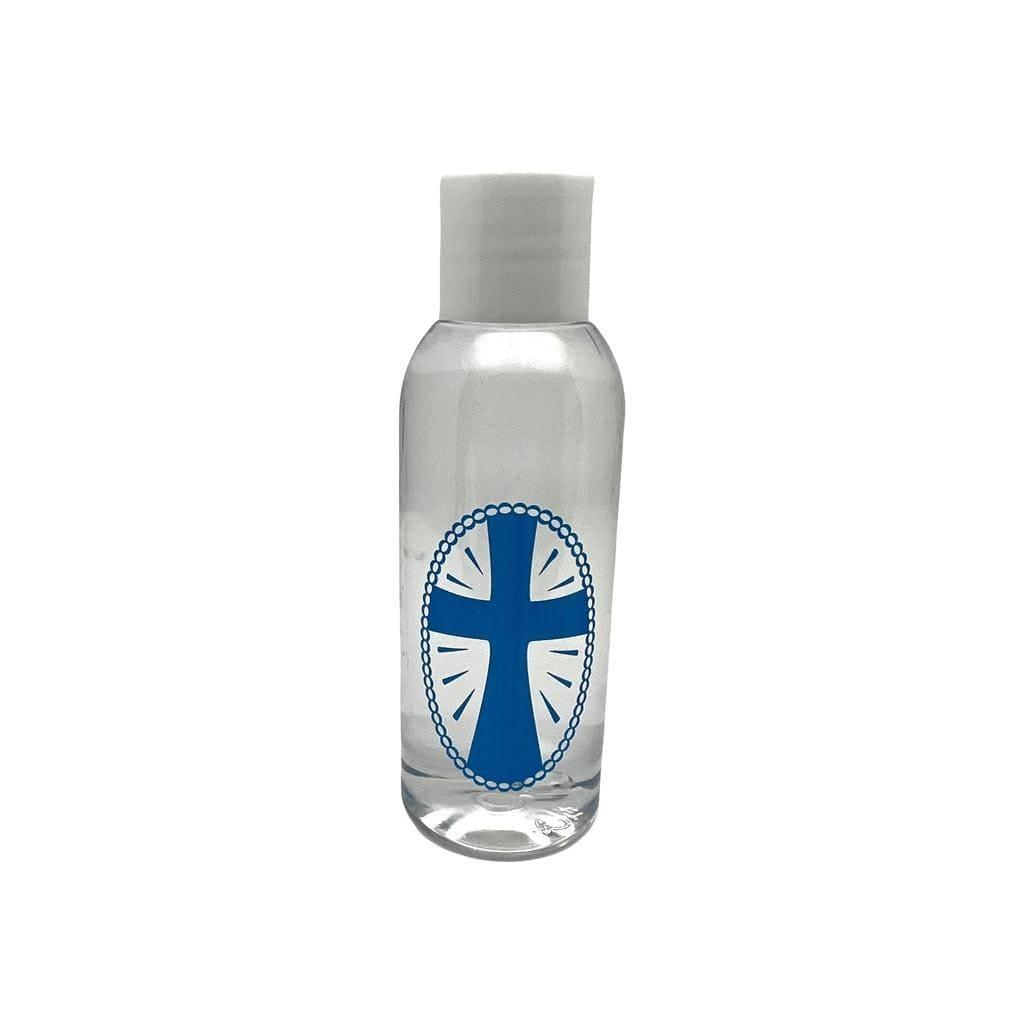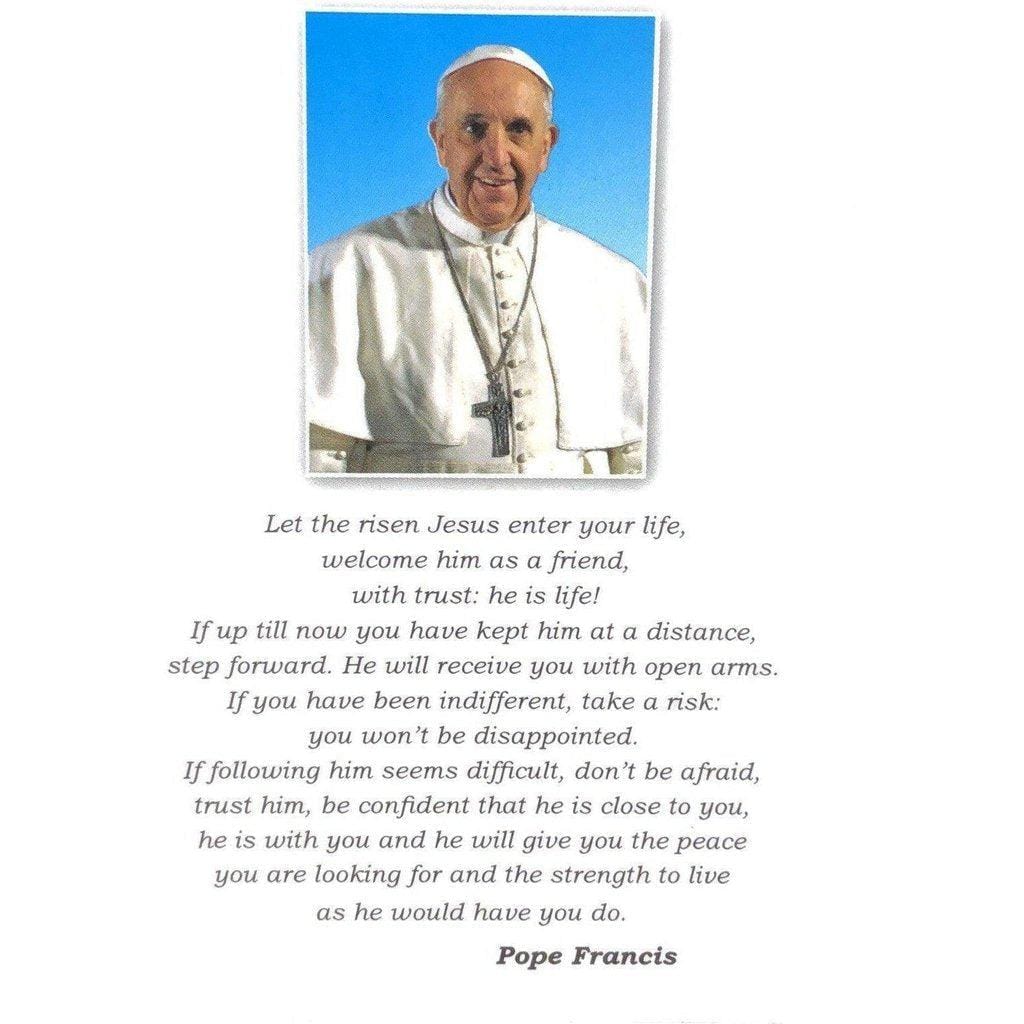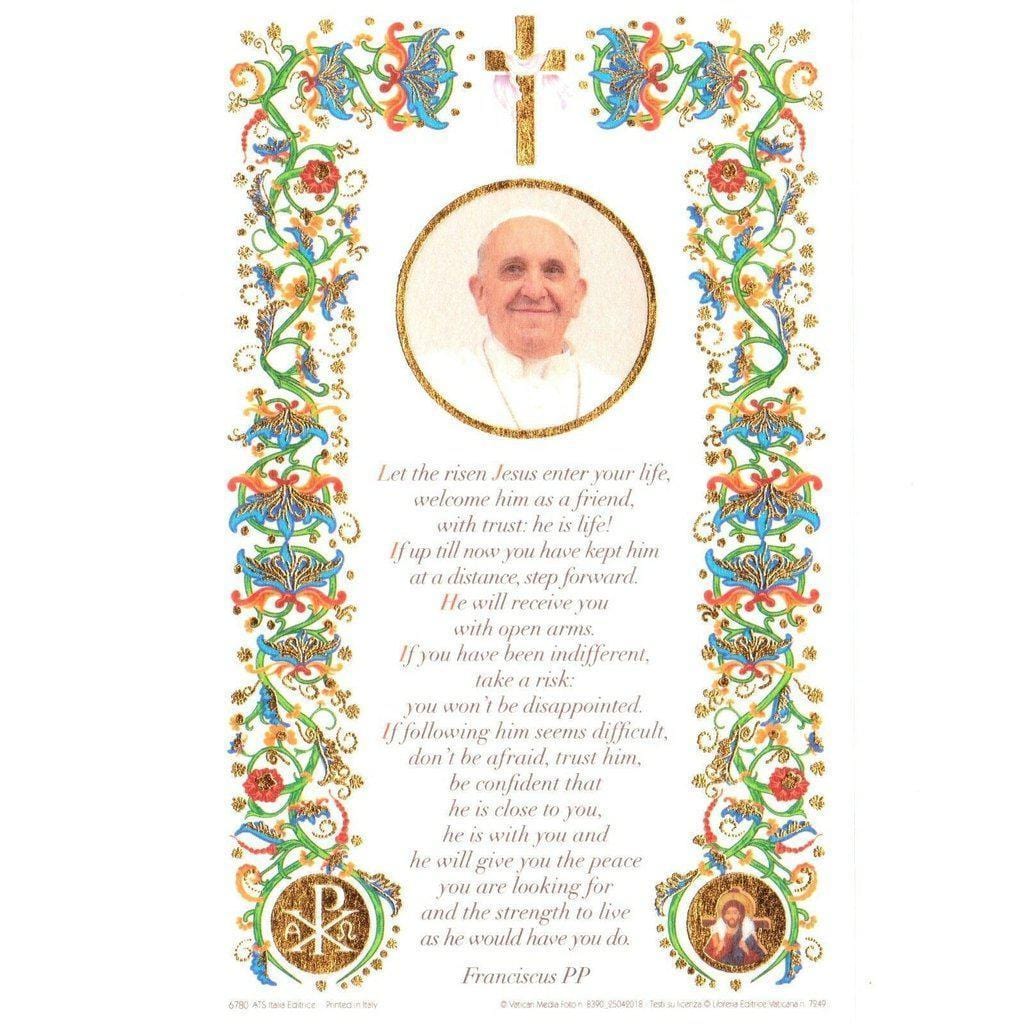Halloween, a holiday celebrated on October 31st, has long been associated with fun and spooky activities such as costume parties, trick-or-treating, and haunted houses. However, it is not uncommon for misconceptions to arise, particularly when it comes to the perception of Halloween in relation to the Catholic faith. In this blog post, we will explore and debunk some of these misconceptions, shedding light on the true stance of Catholics towards Halloween.
Misconception #1: Halloween is a pagan holiday that contradicts Catholic beliefs.
One common misconception is that Halloween is a pagan holiday that goes against Catholic teachings. While it is true that Halloween has historical roots in ancient Celtic and pagan traditions, it has since evolved into a more secular and commercial celebration. Moreover, the Catholic Church has historically embraced and adapted various cultural practices, including the incorporation of certain elements from pagan festivals into Christian celebrations. Halloween is no exception.
Correction: Halloween can be celebrated by Catholics in a manner consistent with their faith.
Catholics can view Halloween as an opportunity to celebrate the triumph of light over darkness. The eve of Halloween, known as All Hallows' Eve, is the night before All Saints' Day, a holy day of obligation in the Catholic Church. By participating in Halloween festivities, Catholics can honor the saints and martyrs who have gone before them, celebrating their legacy and seeking their intercession.
Misconception #2: Halloween glorifies evil, witchcraft, and the occult.
Another misconception is that Halloween is a celebration of evil, witchcraft, and the occult. This perception stems from the association of Halloween with images of witches, ghosts, and other supernatural beings. Some may argue that these symbols contradict Catholic beliefs, which emphasize the worship of God alone and reject occult practices.

While it is true that Halloween has become a popular time for the portrayal of spooky and supernatural themes, it is important to remember that these representations are often fictional and for entertainment purposes. As Catholics, it is essential to discern between harmless fun and genuine engagement with evil or the occult. By focusing on positive aspects of Halloween, such as spending time with family, engaging in acts of charity, and fostering a sense of community, Catholics can use the holiday as an occasion to reflect on the power of Christ's victory over darkness and evil.
Misconception #3: Catholics should avoid participating in Halloween altogether.
Some individuals believe that Catholics should abstain from Halloween celebrations altogether, fearing that it may lead to a compromise of their faith or a promotion of values contrary to Catholic teachings.
Correction: Catholics can celebrate Halloween mindfully, embracing the opportunity for evangelization.
While it is true that individual Catholics may choose not to participate in Halloween festivities based on personal convictions or cultural reasons, there is no official Catholic teaching that mandates avoidance of Halloween. Instead, Catholics can approach Halloween with mindfulness, ensuring that their celebrations align with their faith and values. This can be an opportunity to showcase the joy and love of Christ to others, using Halloween as a means of evangelization and fostering positive relationships within their community.
In conclusion, Halloween, often associated with fun and spooky activities, has faced misconceptions surrounding its compatibility with the Catholic faith. By debunking these misconceptions, we can appreciate the true potential of Halloween as an occasion for Catholics to celebrate the triumph of light over darkness, reflect on the power of good over evil, and embrace opportunities for evangelization. By participating in Halloween mindfully and in line with Catholic teachings, we can foster a sense of community and showcase the love of Christ to those around us.


